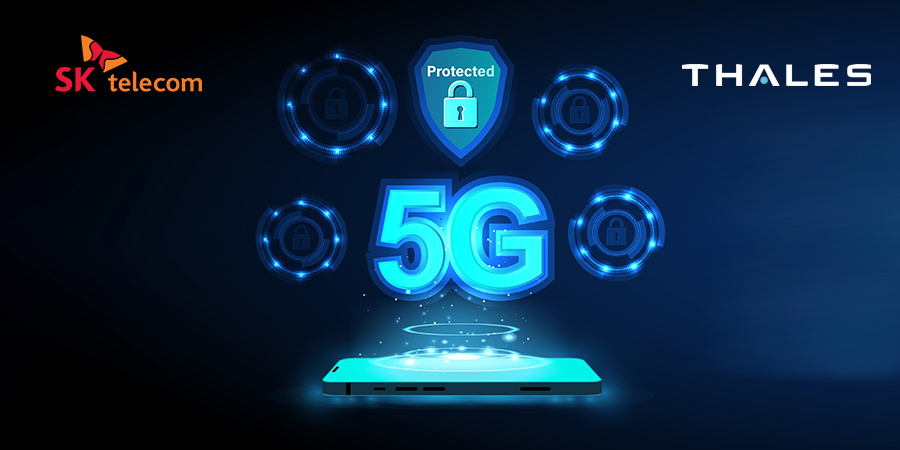SK Telecom (SKT) and Thales Group have succeeded in testing advanced quantum-resistant cryptography. The testing of the 5G standalone (SA) network and 5G SIM included measures to ensure subscriber identity encryption and decryption, safeguarding against quantum risks and potential "record now, decrypt later" attacks.
Securing User Privacy
This groundbreaking technology addresses the urgent need to secure user privacy in the face of quantum technologies. The collaboration advances cybersecurity by delivering a resilient solution within commercial telecom network architecture.
Yu Takki, SKT's Vice President and Head of Infra Technology Office, highlighted the importance of the collaboration, saying, “This collaboration between SKT and Thales highlights our commitment to staying ahead of the curve in terms of cybersecurity and ensuring the safety of our customers' data. PQC provides enhanced security through the use of cryptographic algorithms that are thought to be secure against quantum computer attacks. Going forward, we will combine PQC SIM with our additional quantum expertise to achieve end-to-end quantum-safe communications.”
Enhancing 5G Network Cryptography
The innovation involves enhancing 5G network cryptography to anonymize users' digital identities. In a 5G network, 5G SIMs actively conceal and secure user identities on devices. The implementation of cryptographic techniques, specifically designed to resist quantum computer attacks, ensures robust post-quantum security.
“As quantum computers have the potential to break certain existing cryptographic algorithms, there is an emerging need to transition to cryptographic algorithms that are believed to be secure against quantum attacks. For 5G networks, Thales started to invest in cryptographic algorithms that are quantum-resistant to enhance the continued security and privacy features of communications for users,” said Eva Rudin, SVP Mobile Connectivity and Solutions at Thales.
Standardizing Post-Quantum Cryptographic Algorithms
Facilitating the standardization of post-quantum cryptographic algorithms, the National Institute of Standards and Technology (NIST) was instrumental in the accomplishment of this practical demonstration. SK Telecom and Thales Group deployed the CRYSTALS-Kyber algorithm, one of the post-quantum secure algorithms devised by NIST, to strengthen their cryptographic defenses against quantum and classical computer attacks.
The successful partnership between SK Telecom and Thales Group represents a significant advancement in safeguarding the confidentiality and integrity of user information during the quantum computing era, establishing a model for the sector's forward-thinking strategy towards emergent cybersecurity issues.





